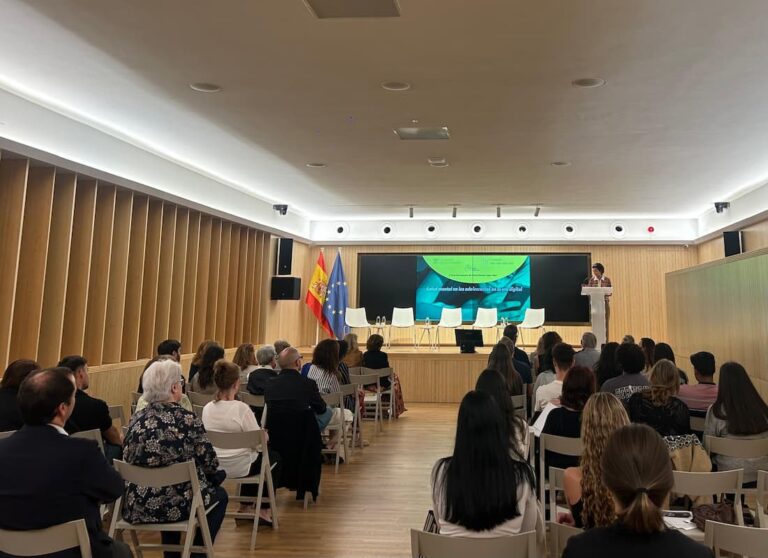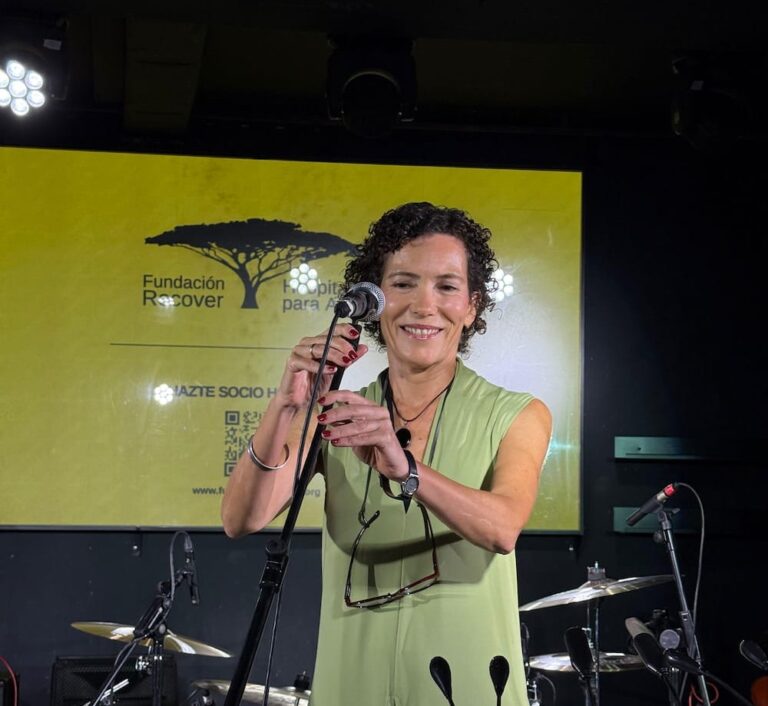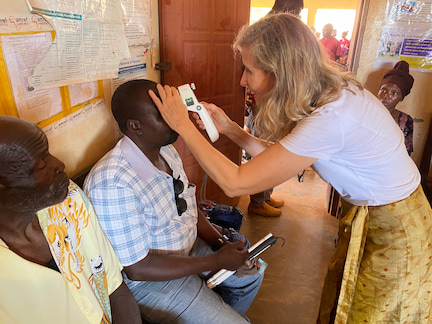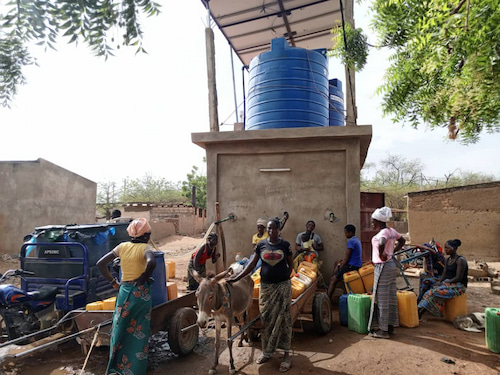This laboratory, in operation since the middle of the month, represents an important step towards giant step for the diagnosis and treatment of various pathologies. Thanks to it, it will be possible to accurately differentiate and diagnose infectious, malignant and benign tumour diseases. As pathologist Ana Belén Enguita explained, "pathological anatomy will allow us to distinguish between infectious and tumoural processes, giving a name and surname to each disease", which will facilitate the application of more appropriate and effective treatments.
During the mission, a team of nine Spanish volunteers from the Clínica Dermatológica Internacional, Hospital Universitario 12 de Octubre and Hospital de la Princesa, led by dermatologist Ricardo Ruiz Rodríguez, also worked to ensure the sustainability of the project. Local staff at the hospital have been trained, with very practical training that will help to ensure the sustainability of the project.es has allowed the laboratory to operate independently from the moment the volunteers' journey has ended.
Throughout the mission, the heads of the two foundations - including the director of Fundación Recover - were also present, Marta Marañónand the head of Volunteering, Cristina Rodrigo-.
In addition to the laboratory facility, the mission also included a dermatological campaign during which 41 biopsies were taken and 49 patients were treated at Ngozi Hospital and a Missionaries of Charity clinic in northern Burundi. The samples are now being analysed in the new laboratory.
The mission was supported by the support from various entities. During the visit of the Governor of Ngozi, Désiré Minani, he stressed the importance of the project for the country's public health. Local television also covered the event, underlining the relevance of the laboratory for the community.
This mission has been made possible thanks to the support of our partners: Encantos de Menorca, Fundación Roviralta, Vibra Hotels, Fundación Sanitas and Fundación Jiménez Díaz. Their commitment to improving healthcare in Sub-Saharan Africa has been fundamental to making this high-impact project a reality.
We continue to work for accessible and quality healthcare in Africa!

















